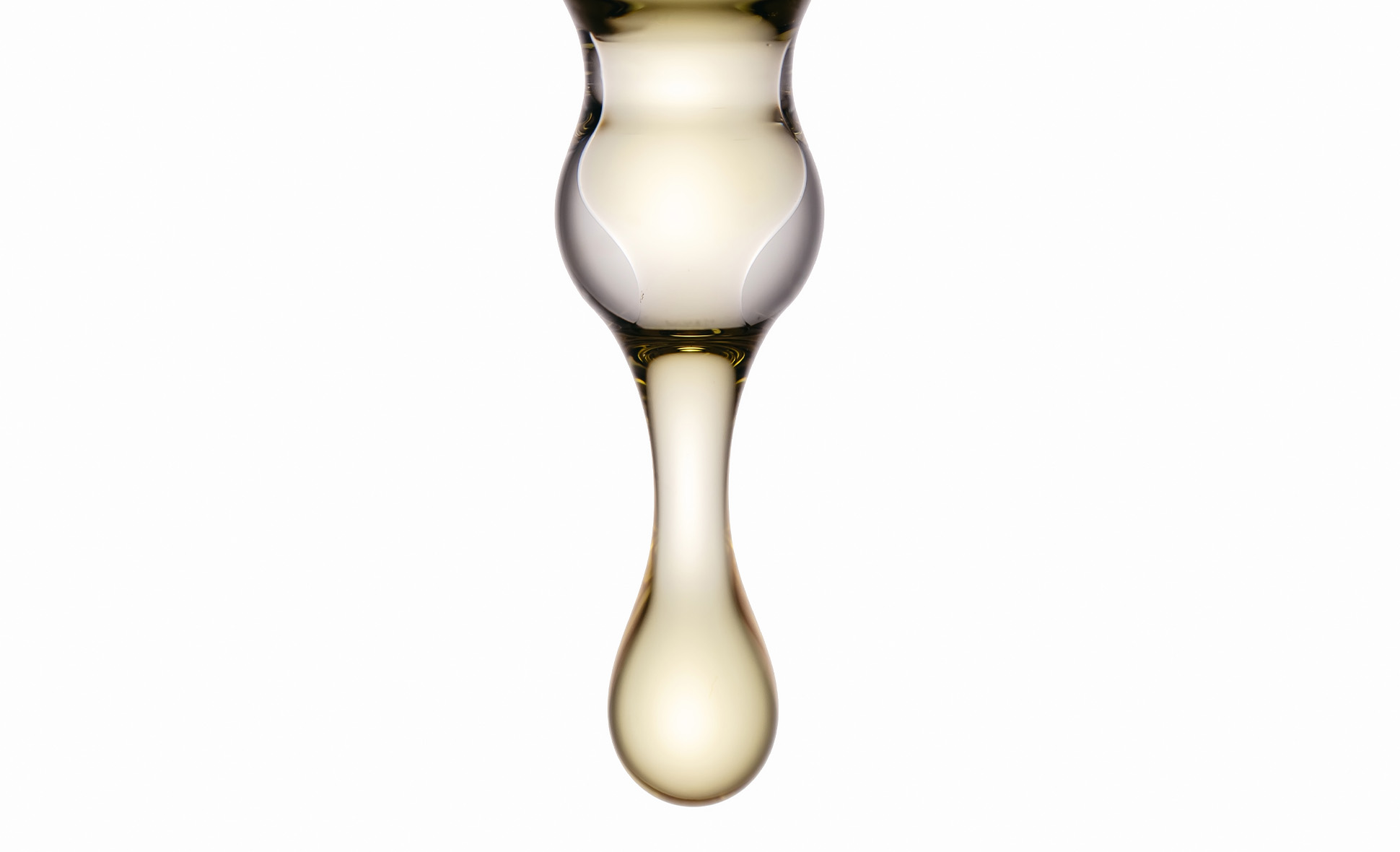Table of Contents
- Understanding CBD: A Brief Overview
- The Science Behind CBD: How Does It Work?
- Health and Wellness Benefits of CBD
- Reducing Anxiety and Stress
- Alleviating Pain and Inflammation
- Promoting Better Sleep
- Managing Epileptic Seizures
- Supporting Mental Health
- Different Forms of CBD Products
- CBD Oils and Tinctures
- CBD Edibles and Capsules
- CBD Topicals
- CBD Vapes and Inhalation
- Choosing the Right CBD Product for You
- Is CBD Legal?
- Potential Side Effects of CBD
- FAQs
- 1. What is CBD?
- 2. Will CBD get me high?
- 3. How long does it take for CBD to take effect?
- 4. Can I use CBD while taking other medications?
- 5. How do I determine the right CBD dosage for me?
Understanding CBD: A Brief Overview
CBD, short for cannabidiol, is one of the many chemical compounds found in the Cannabis sativa plant. Unlike its cousin, THC (tetrahydrocannabinol), CBD does not produce psychoactive effects. This means that CBD does not make you feel high or intoxicated.
The Science Behind CBD: How Does It Work?
CBD interacts with the body’s endocannabinoid system (ECS), a complex network of receptors and neurotransmitters found throughout the body. The ECS plays a crucial role in maintaining homeostasis, regulating various bodily functions such as mood, sleep, pain sensation, and immune response.
Health and Wellness Benefits of CBD
Reducing Anxiety and Stress
CBD has shown promise for reducing anxiety and stress levels. It interacts with receptors in the brain associated with mood regulation, promoting a sense of calm and relaxation.
Alleviating Pain and Inflammation
CBD has analgesic and anti-inflammatory properties, making it effective in relieving pain and reducing inflammation. It can be particularly helpful for chronic pain conditions such as arthritis or neuropathic pain.
Promoting Better Sleep
Many people turn to CBD to improve their sleep quality. CBD can help regulate sleep patterns by reducing anxiety and promoting relaxation, leading to a more restful night’s sleep.
Managing Epileptic Seizures
CBD has gained recognition for its potential for managing epileptic seizures, particularly in children with rare forms of epilepsy. In fact, an FDA-approved CBD-based medication called Epidiolex is available for treating certain types of seizures.
Supporting Mental Health
CBD may have positive effects on mental health conditions such as depression and PTSD. It has been suggested that CBD interacts with serotonin receptors, which play a role in mood regulation.
Different Forms of CBD Products
CBD is available in various forms, each with its own advantages and applications. Some common forms of CBD products include:
CBD Oils and Tinctures
CBD oils and tinctures are liquid formulations that are taken orally by placing a few drops under the tongue. They are known for their fast-acting effects and ease of use.
CBD Edibles and Capsules
CBD-infused edibles, such as gummies or capsules, offer a convenient and discreet way to consume CBD. They provide a consistent dosage and are ideal for those who prefer a familiar consumption method.
CBD Topicals
CBD topicals include creams, lotions, and balms that are applied directly to the skin. They are commonly used for localized pain relief and to promote skin health.
CBD Vapes and Inhalation
CBD can be inhaled using vape pens or through inhalation methods like smoking or using a vaporizer. Inhalation offers rapid absorption, making it suitable for those who prefer immediate effects.
Choosing the Right CBD Product for You
When selecting a CBD product, it’s important to consider factors such as the desired effects, the severity of your condition, and your preferred method of consumption. It’s advisable to start with a low dosage and gradually increase it as needed. Consulting with a healthcare professional can also provide valuable guidance.
Is CBD Legal?
The legality of CBD varies from country to country and within different states. In many parts of the world, CBD derived from hemp (containing less than 0.3% THC) is legal, while CBD derived from marijuana is subject to stricter regulations due to its higher THC content. It’s essential to familiarize yourself with the laws and regulations in your specific jurisdiction.
Potential Side Effects of CBD
Although CBD is generally well tolerated, some individuals may experience mild side effects such as fatigue, dry mouth, or changes in appetite. It’s crucial to note that CBD may interact with certain medications, so it’s important to consult with a healthcare professional before incorporating CBD into your routine.
Conclusion
In conclusion, CBD offers a range of potential health and wellness benefits, from reducing anxiety and pain to supporting better sleep and managing seizures. With various product options available, it’s important to choose the right CBD product for your needs and consult with a healthcare professional when necessary. By understanding the science behind CBD and its potential effects, you can make informed decisions about incorporating CBD into your wellness routine.
FAQs
CBD, short for cannabidiol, is a naturally occurring compound found in the Cannabis sativa plant. It is known for its potential health and wellness benefits.
No, CBD does not produce psychoactive effects and will not make you feel high.
The onset and duration of CBD's effects can vary depending on the individual, the method of consumption, and other factors. Generally, effects can be felt within 15-45 minutes.
CBD may interact with certain medications, so it's crucial to consult with a healthcare professional before using CBD alongside other medications.
Finding the right CBD dosage may require some trial and error. It's recommended to start with a low dosage and gradually increase until the desired effects are achieved. Consulting with a healthcare professional can provide personalized dosage recommendations.
Have a question not shown here? Get in touch








